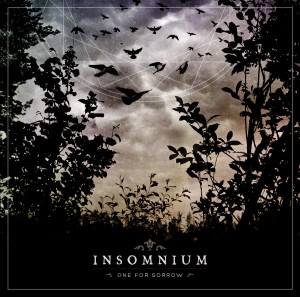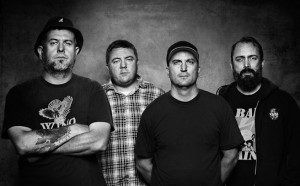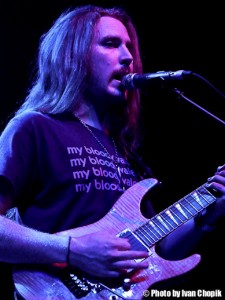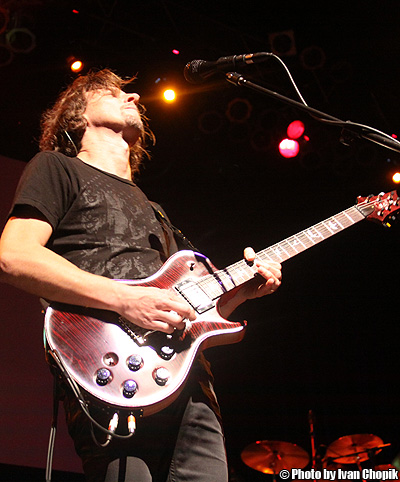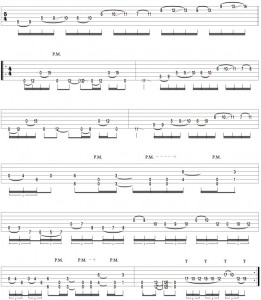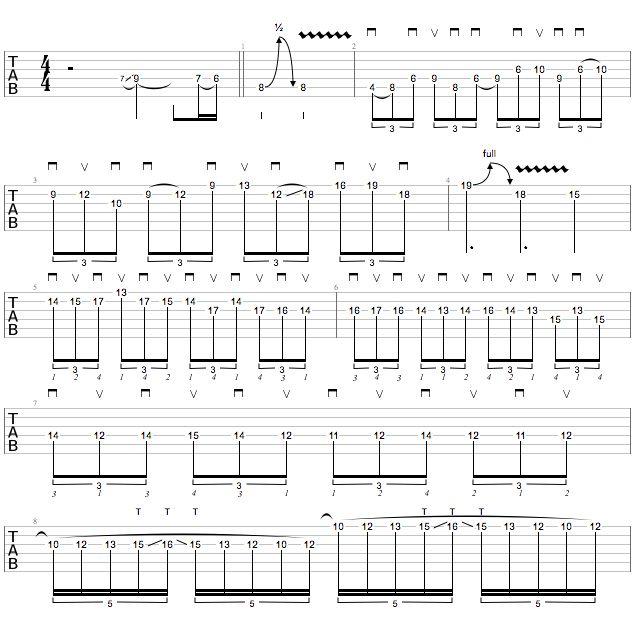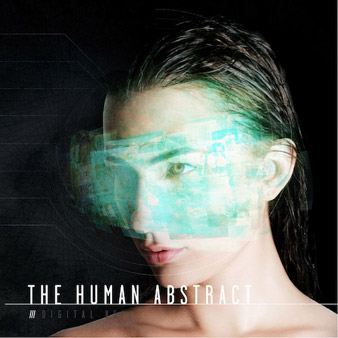 Technical and progressive metal quintet The Human Abstract may have fallen off the metal community’s radar over the past few years, but their third album, Digital Veil, eliminates any doubt regarding their musical ability and staying-power in the progressive metal genre.
Technical and progressive metal quintet The Human Abstract may have fallen off the metal community’s radar over the past few years, but their third album, Digital Veil, eliminates any doubt regarding their musical ability and staying-power in the progressive metal genre.
With a revamped lineup and a new label, the dense, concise, melodic, heavy, and melancholic Digital Veil is a strong comeback record for The Human Abstract; it’s the album longtime fans have been waiting for. Crank up your speakers or listen closely with headphones, and expect to enjoy 42 minutes of impressive shredding and classically influenced metal, complete with musical nuances that reveal themselves after multiple listens.
The buzz surrounding THA’s third record wondered how Digital Veil would compare to their widely successful 2006 debut, Nocturne, and their sonically uncharacteristic sophomore release, Midheaven. Although Midheaven’s style moved in a more alternative direction, the record didn’t live up to Nocturne’s display of progressive riffage, dexterous sweep picking, melodic sensibility, and intelligent songwriting.
A likely reason for Midheaven’s stylistic difference was the departure of founding member, guitarist, and principal songwriter A.J. Minette, who left to study classical guitar at Loyola Marymount University. He has since returned to the band for Digital Veil, and his added influence is not only apparent, but it may have been what the band was missing. Now with their strongest lineup to date, Digital Veil presents The Human Abstract as more mature, more polished, and more intense.
Minette has injected his knowledge of music theory and classical composition into Digital Veil through a sophisticated application of classical concepts in a progressive metal context. A number of Minette’s compositions on Digital Veil were approached through imposing creative limitations, a practice of restricting oneself to write within certain musical parameters. To get an in-depth and illustrative explanation of Minette’s songwriting process (it’s fascinating stuff), check out his MetalSucks column, Abstract Theory, and his track-by-track Digital Veil analysis for AltPress.
And if the reappearance of Minette wasn’t enough for this record, new vocalist Travis Richter, formerly of From First to Last and The Color of Violence, is another strong addition to the band. Richter’s deep, resonant and powerful growls are seamlessly juxtaposed with his unique melodic singing; his presence adds a heaviness that complements THA’s evolved sound.
‘Elegiac,’ the album’s opener, makes use of the popular metal practice of an acoustic album introduction å la Metallica’s ‘Battery,’ although there is nothing clichéd about this track. ‘Elegiac’ commences with a Baroque-sounding classical progression that demonstrates Minette’s classical guitar chops, and eventually expands into a heavy and layered jam with the full band, like a string quartet on steroids.
‘Complex Terms’ starts with a bang and offers a good representation of what’s to come on the album. With ear-grabbing riffs, melodic choruses, syncopated rhythms, and (of course) swept arpeggios, the instrumental performances of Minette, guitarist Dean Herrera, now ex-guitarist Andrew Tapley, drummer Brett Powell and bassist Henry Selva, create a signature sound and atmosphere reminiscent of their Nocturne days, only heavier and darker.
‘Digital Veil’ is a straightforward, dissonant deathcore anthem and the heaviest song on the record. ‘Faust’ and ‘Holographic Sight’ continue with compositional experimentation. ‘Faust,’ for example, explores the Hirajoshi scale, a Japanese pentatonic subset of the Lydian mode (the fourth degree of the major scale), resulting in an exotic sound not often heard in metal. ‘Holographic Sight’ exclusively makes use of the whole tone scale; each note interval is separated by a full step, creating a tonal ambiguity due to the absence of a leading tone. The whole tone scale results in an unsettled quality and unusual lead guitar lines.
‘Antebellum’ is a seven and a half minute opus that, in traditional sonata form, introduces an established central theme and expands on it – adding variation, key changes, and contrasting dynamics between loud distorted and soft acoustic sections. ‘Horizon to Zenith’ boasts an infectious chorus melody that will stick with you hours after you’ve heard it. Before you know it, the album concludes with ‘Patterns,’ a contemplative ballad consisting of a dexterous and tasteful guitar solo and one of Richter’s strongest vocal performances.
The lyrics of Digital Veil mainly explore themes of human interaction. For instance, ‘Digital Veil’ comments on our ability to create fabricated identities through a computerized barrier, hindering interpersonal connections via modern technologies. Although the album offers a number of socially conscious observations, the words don’t seem to condemn our inability to connect, but rather acknowledge the trends so that we’re aware. Personal cynicism and internal struggle is a sentiment expressed in ‘Patterns,’ which quotes Russian author Fyodor Dostoyevsky, stating: ‘I am a sick man…I am a wicked man.’
While Nocturne introduced The Human Abstract as a highly capable young band with potential, and Midheaven now seems to be swept under the carpet, the band appears solidified and ready to move forward. Digital Veil’s calculated and focused approach to neoclassical technical metal is sure to please longtime fans and new ones alike.




